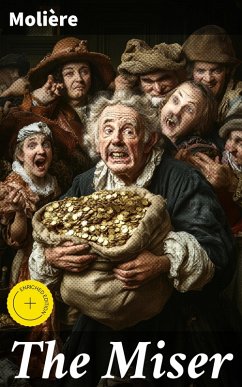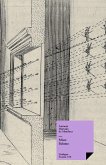In "The Miser," Moliv®re brilliantly weaves a comedic yet scathing exploration of greed and the human condition through the character of Harpagon, a misanthropic miser whose obsession with wealth blinds him to the needs of his family and society. Set against the backdrop of 17th-century France, the play employs sharp wit and clever dialogue, embodying the genre of French farce while simultaneously serving as a commentary on the moral implications of avarice. The dynamic interplay of characters and the farcical situations they find themselves in paint a vivid tableau that reflects the societal values and class dynamics of Moliv®re's time, revealing the absurdities of human behavior driven by greed. Moliv®re, born Jean-Baptiste Poquelin, emerged in an era of theatrical innovation, profoundly influenced by the social and political currents of France under Louis XIV. His critical stance against hypocrisy and social injustice is well-documented, and "The Miser" is no exception. Moliv®re's own experiences in the theatrical world, coupled with his astute observations on human folly, allowed him to craft a narrative that resonates with timeless relevance, questioning the ethics of wealth and familial loyalty. This captivating play is recommended for anyone interested in the intricacies of human relationships and the moral dilemmas posed by materialism. Moliv®re'Äôs masterful blend of humor and critique offers an engaging experience, prompting readers to reflect on their own values. "The Miser" remains a quintessential work that entertains while enlightening, making it a must-read for those delving into classical literature.
Dieser Download kann aus rechtlichen Gründen nur mit Rechnungsadresse in A, B, BG, CY, CZ, D, DK, EW, E, FIN, F, GR, H, IRL, I, LT, L, LR, M, NL, PL, P, R, S, SLO, SK ausgeliefert werden.









